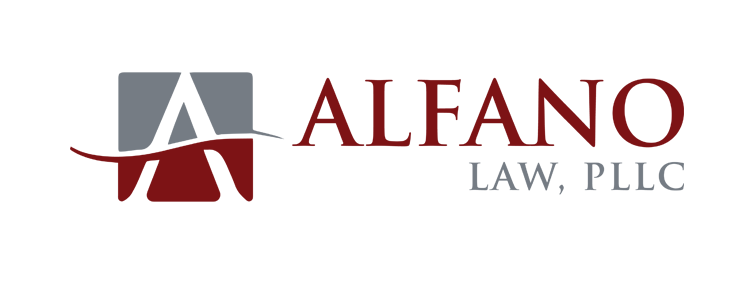Your Options When Less Than All Lot Owners Join the Road Association
Private Roads In NH Series - Part V
Your Options When Less Than All Lot Owners Join the Road Association
If you live next to a private road in New Hampshire, forming a road association with your fellow property owners is usually the best way to cooperatively manage maintenance and repair obligations. However, getting 100% participation is often difficult, particularly if the lots have been subdivided by a commercial or residential developer. New Hampshire law, however, provides options when some owners decline to join the road association.
The Problem: Not Everyone Will Join
It is common that, after a developer sells off lots, not every new owner will agree to join a road association formed under the framework of RSA 292:1 et. seq. Some owners may refuse to pay dues or cooperate with abutting neighbors. And, without full participation, the burden of road management and expenses seemingly falls entirely on the road association’s members.
This causes a free rider problem. Non-members benefit from a well-maintained road without contributing their time or financial support. Often, an association lacks the funds or authority to properly manage the road with less than full participation. But New Hampshire law does provide some options to deal with non-participating owners. Here are steps a road association can consider if not all lot owners agree to join.
First Step: Form an Association of Willing Owners
The first move is for willing owners to go ahead and form a road association, even if not everyone joins initially. New Hampshire law permits the creation of road associations by just five or more persons of lawful age.
With a private road association in place, the members can collect dues, make maintenance decisions democratically, and pool the capital required for ongoing maintenance and upgrades. This is a good start. Additionally, this association could act as a single entity to pursue legal action against non-participating owners who are not contributing their fair share for road upkeep.
Next: Use Legal Options Against Non-Members
With an association formed, members have legal standing to use remedies under New Hampshire law to compel participation from non-member lot owners. This can force holdouts to pay a fair share for road maintenance pursuant to statutes such as RSA 231:81-a.
Specifically, a road association can:
To ensure equitable road maintenance, the association formed by willing lot owners might have grounds to take legal action against those who are not contributing their share of costs. By utilizing litigation or mediation, the association could seek reimbursement from non-participating owners for their proportionate share of maintenance expenses. This could involve hiring legal representation and using the partial association as a single plaintiff to pursue delinquent owners.
Set up easements or covenants. The association can seek to impose legal easements or covenants mandating that all lot owners must contribute to road maintenance costs. This can be done initially by express written agreement when forming the association.
These remedies require consulting an experienced real estate attorney. But they provide legal leverage to pressure non-participating owners to pay their fair share. The threat of lawsuits or mediation often works to increase compliance.
Consider Assigning Claims to the Association
Another option is for the participating owners to legally assign their claims against non-participating owners to the road association. This permits the association to consolidate all members' claims and pursue reimbursement for maintenance costs in one lawsuit against the holdouts.
Talk to an attorney about the mechanics of executing a valid assignment of claims. This can be an effective way for the association to seek recovery of maintenance costs on behalf of members.
Aim for Eventual Full Participation
When some owners decline to join initially, don't give up hope. Consider sweetening the pot to encourage buy-in. For example, commit to investing a certain percentage of dues into a maintenance reserve fund annually. And run the association transparently. Over time, highlight how full participation tends to benefit all owners abutting the road.
With patience and a demonstrated period of good management, most holdout owners will eventually come to see the wisdom of joining the road association. Full participation should be the ultimate goal.
Seek Professional Guidance
Navigating the complexities of forming a partial association, pursuing legal action, or exploring other options can be challenging. It is thus highly recommended to seek legal and expert advice in this process. Consulting with legal professionals who specialize in real estate and association management can provide tailored solutions based on your specific situation and local regulations.
Don't Let Holdouts Stop You
When unanimous participation seems unlikely at first, move forward with the willing owners. Follow New Hampshire law to compel holdouts to contribute their fair share. Don't let the reluctance of a few owners prevent action - a road association which includes most of the relevant owners gives you a strong start. With legal leverage and consistent pressure, full compliance can be achieved which will ultimately benefit the road over the long term.
You can contact Alfano Law by calling (603) 856-8411 or at this link.

